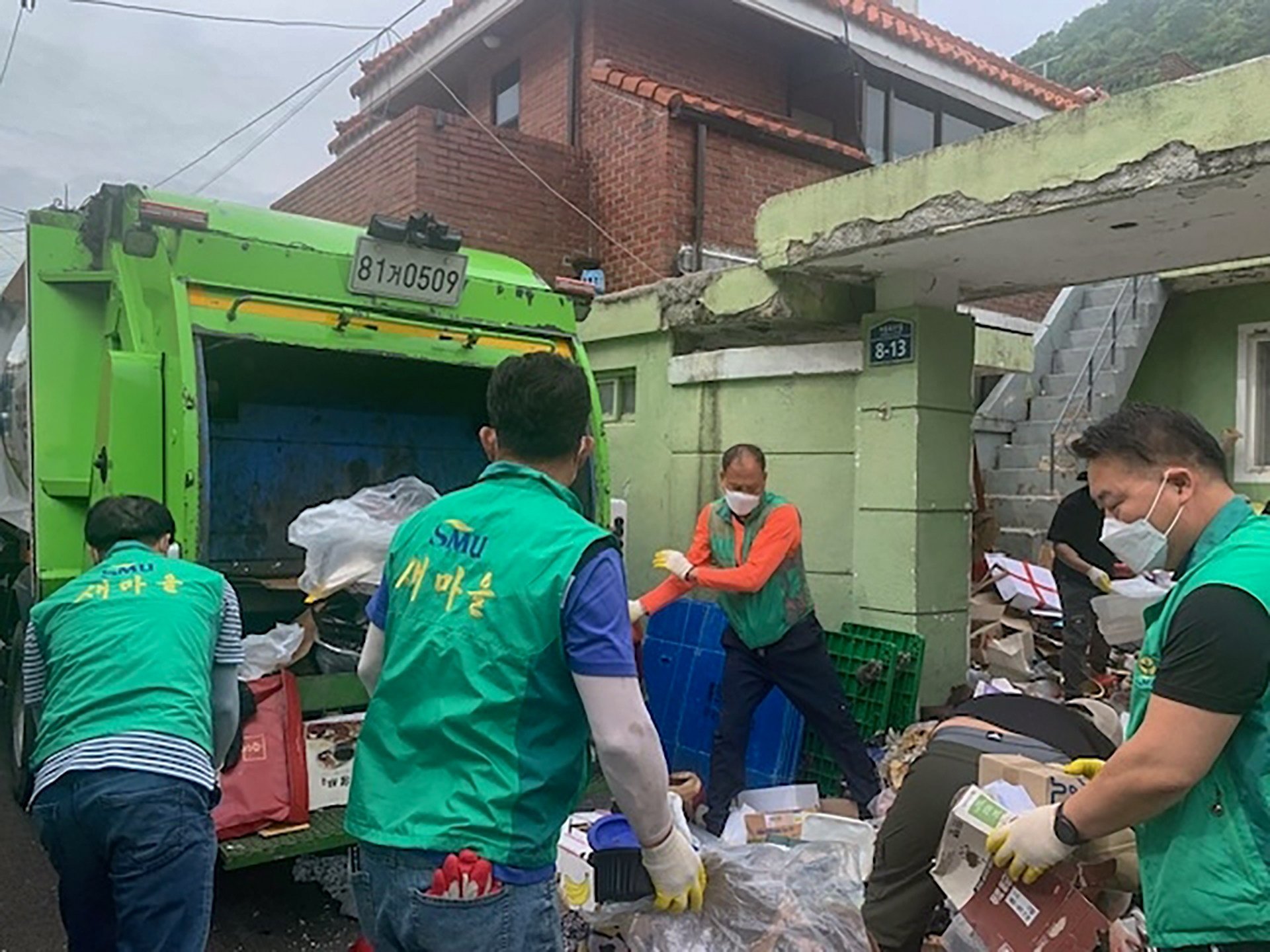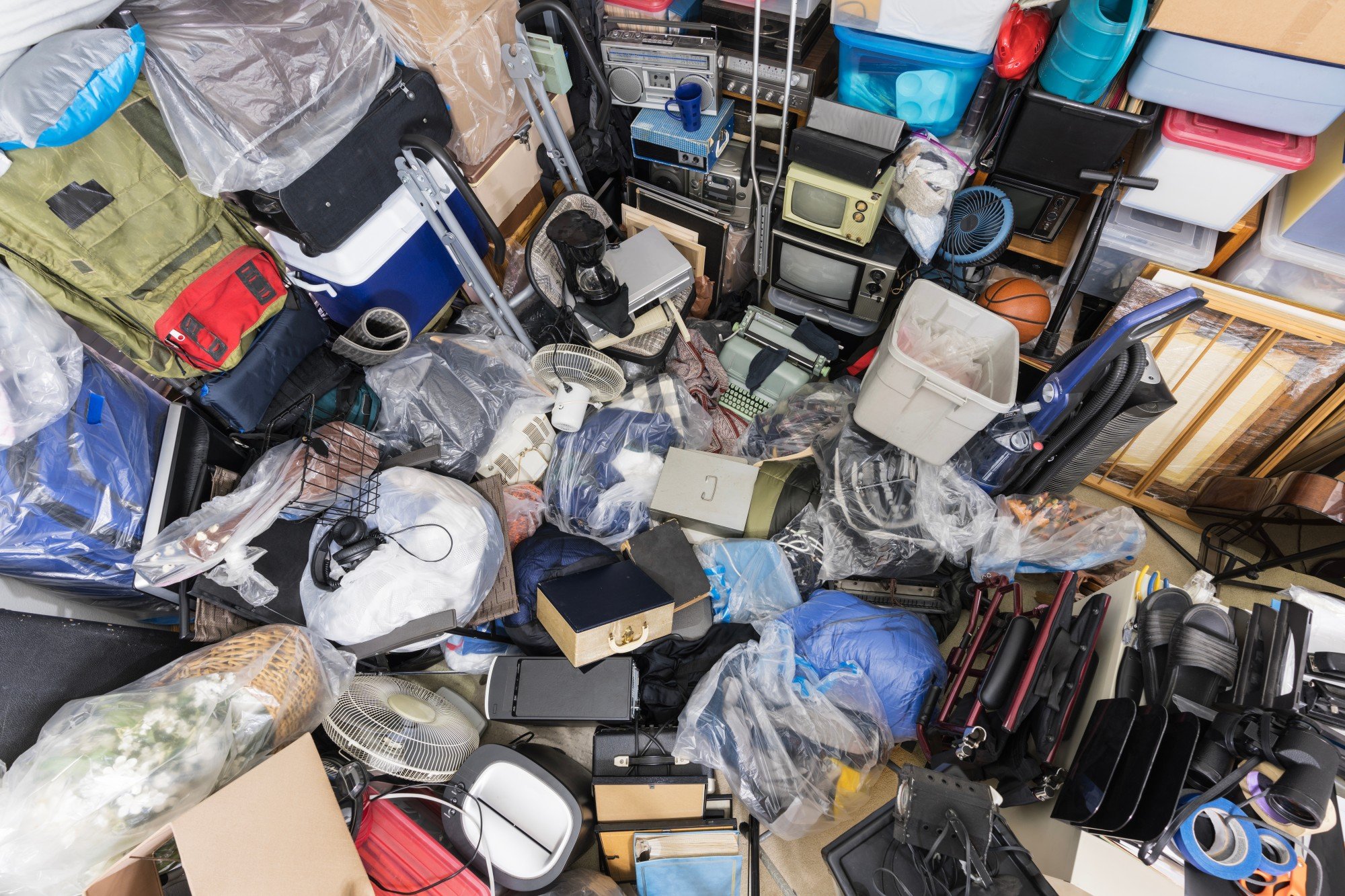South Korean officials remove 80 tonnes of hoarded garbage from family home
The family has been sent to local medical facilities for psychological treatment

City officials in Daegu, South Korea, have removed 80 metric tonnes (88 US tons) of garbage from the home of a family of hoarders, after the residents of the household were sent to local medical facilities for psychological treatment.
The massive clean-up occurred over three days last month, city officials said on Thursday.
The family, consisting of a woman in her 60s and her two adult children in their 40s, was placed under “administrative hospitalisation”. This process involves the forced admission of individuals whose diagnosed mental disorders pose a danger to themselves or others, according to a report from The Korea Herald.
The son reportedly has a severe intellectual disability, while his mother and sister suffer from Plyushkin’s disorder – also known as hoarding disorder – which is a condition characterised by an inability to part with possessions.
Once the family was admitted for treatment, officials persuaded them to consent to a “wide-scale cleaning” of their home in Daegu, a city about 310km (193 miles) southeast of Seoul.

The huge build-up of rubbish had led to pest infestations and unpleasant odours, prompting complaints from neighbours.
Officials had previously attempted to convince the family to dispose of some of the waste and had cleaned their home 11 times since 2020. However, the family continued to hoard garbage despite these interventions.
Following the removal of the garbage, district authorities plan to repair the home and are committed to ongoing outreach with other households facing issues with compulsive hoarding.
According to a March report from The Korea Herald, South Korea is seeing more cases of socially isolated people living in cluttered homes, many of whom have mental health issues.
While hoarding disorder is not tracked at a national level in the country, data from the National Health Insurance Service indicates that the number of obsessive-compulsive disorder patients – which includes those with hoarding disorder – rose by 42 per cent between 2018 and 2022. The actual number of individuals with hoarding disorder is believed to be higher.
Additionally, several fires in the country have been linked to dangerous living conditions resulting from hoarding, with at least three such cases reported on a single day in February.